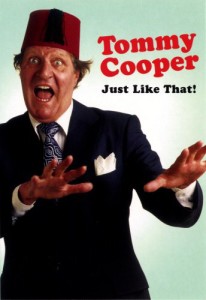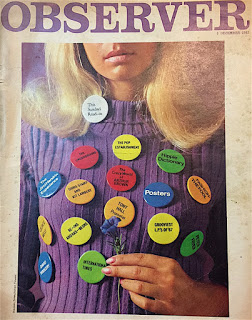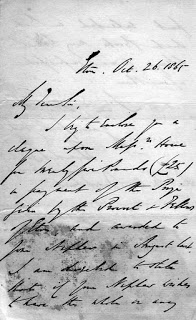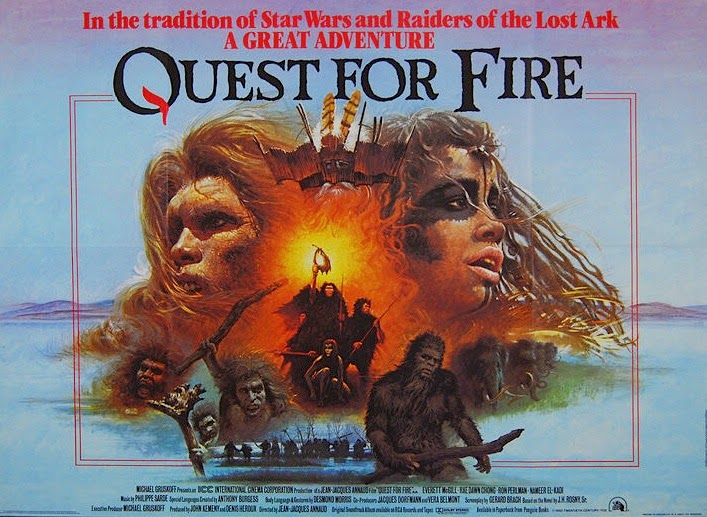 This is a list sent in by a nameless jotter. It is by no means exhaustive. It had no notes but each well worn phrase has been used as banter- a rejoinder or an amusing interruption in a conversation or during an anecdote or monologue. Almost all use irony, sarcasm or mild mockery and are cliches – but they could possibly still incite mirth if the timing was right. Thumping cliches have asterisks. I’ll get my coat.
This is a list sent in by a nameless jotter. It is by no means exhaustive. It had no notes but each well worn phrase has been used as banter- a rejoinder or an amusing interruption in a conversation or during an anecdote or monologue. Almost all use irony, sarcasm or mild mockery and are cliches – but they could possibly still incite mirth if the timing was right. Thumping cliches have asterisks. I’ll get my coat.
I am now off on a bike to the Bodleian to consult Partridge’s 1977 Dictionary of Catch Phrases in manuscript (as you do). It will be interesting to see how many of these he recorded. Most are site specific but fairly obviously so – for example if someone is going on about a politician – how he should be incarcerated, hung drawn and quartered etc., you might say “tell us how you really feel..”
Amen to that!
And this affects me how?
And you know this it how?
Are you nuts?
As it were (after an unintended pun)
As the Bishop said to the actress (archaic)










